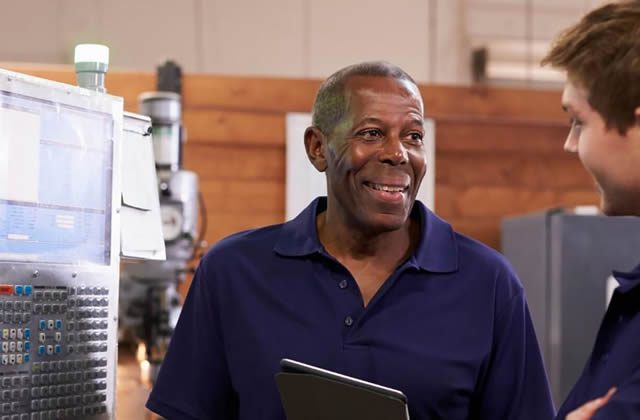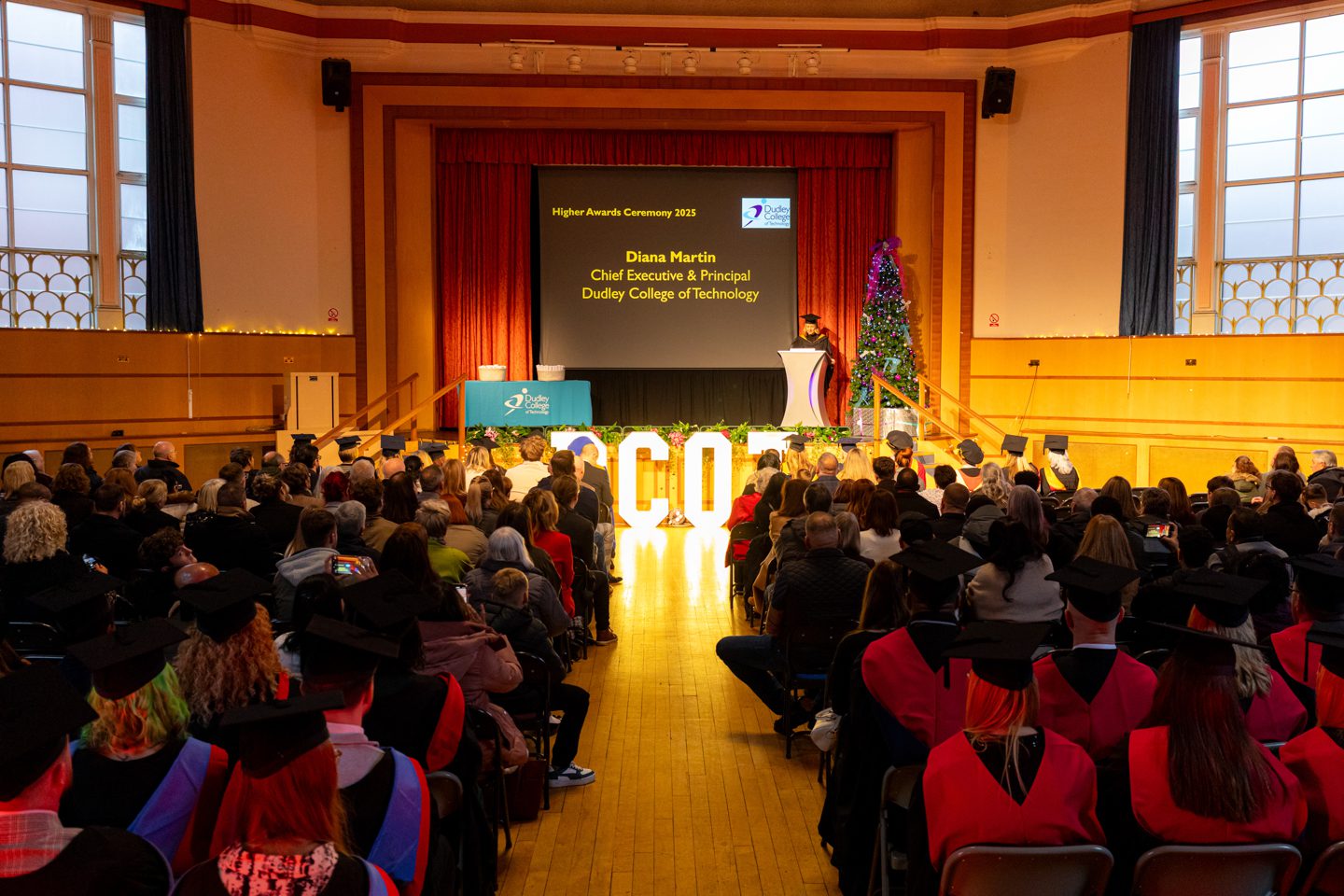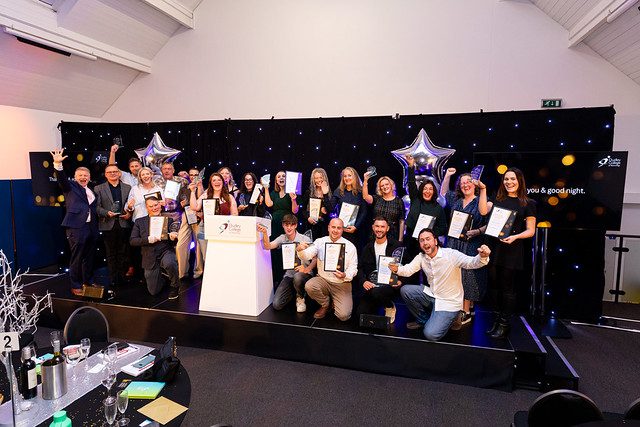Main objective for 2025/2026:
“Through the Climate Action Plan, we will influence the hearts and minds of staff and students to take greater action on climate change.”
Overarching Aim: We are committed to embedding sustainability across all aspects of our institution. We understand that sustainability encompasses three key dimensions: environmental, social, and economic. Our policy statement outlines our commitment to these dimensions, ensuring that sustainability remains a core principle in our decision-making, teaching, operations, and engagement with our wider community. It aligns with national and international sustainability commitments, including the UN Sustainable Development Goals (SDGs) and relevant UK environmental legislation.
Through leadership and governance we aim to ensure that we provide a clear strategy for delivering our sustainability goals, appropriate investment to realise this and a transparent framework for reporting progress. We are identifying the key risks that could jeopardise achievement of our sustainability goals and are working to mitigate those risks.
We strongly believe that the success of our commitment will be delivered with full support of our staff, students and stakeholders. We aim to create an environment where every staff member has the opportunity to engage with and contribute to our sustainability goals, underpinned by effective training and access to specialist support. We are engaging with our students and stakeholders through our partnership and engagement plan. We are also collaborating with Colleges West Midlands in the delivery of the Green Skills Roadmap.
We aim to demonstrate the success of our commitment through the collection and reporting of clear and transparent data on the impact of our sustainability strategy. We expect the impact of our strategy to support sustainable development goals 4 Quality Education, 8 Decent Work and Economic Growth, 10 Reduced Inequalities, 11 Sustainable Cities and Communities, 13 Climate Action, 17 Partnerships for the Goals.



